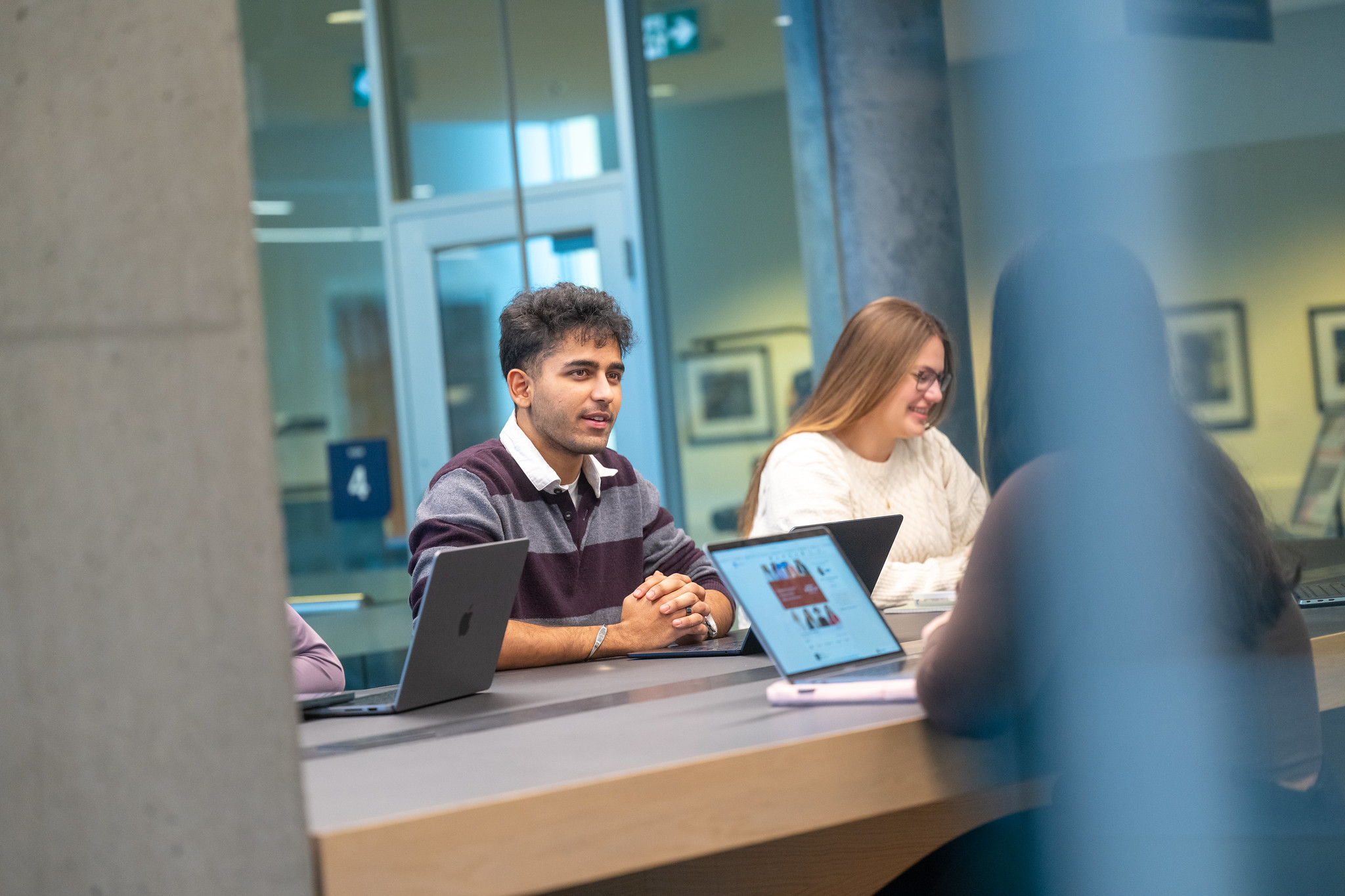

Summer Term is just around the corner! Take a look at the Asian Studies courses that are offered.
All of the following are open to all students, regardless of your academic background. Whether you’re fulfilling requirements or seeking electives to explore, be sure to check them out!
Jump ahead:
Literature
Modern Arabic Literature from the Middle East and North Africa in Translation (ASIA 380)


Offered in Term 1
Taught by Dr. Nesrine Basheer
This course explores the rich and diverse landscape of Arabic literature through selected works from the 20th and 21st centuries, available in English translation. Students will work with a variety of genres, including short stories, excerpts from novellas and novels, memoirs, and theoretical texts, covering several Arabic-speaking countries—Egypt, the Levant, the Gulf, and beyond. Students will discuss the socio–political realities from which the selected texts emerged, the literary traditions they follow and/or resist, the aesthetic, social, and political values they convey, and their engagement with global audiences through translation.
Modern Chinese Fiction in Translation (ASIA 351)


Offered in Term 1
Taught by Dr. Xiaoqiao Xu
What does it mean to be modern, and how does this shape our understanding of modern Chinese literature? Is modern Chinese literature similar to its Western counterpart? If it diverges significantly from traditional Chinese literature, how do we define modernity? These questions form the foundation of this course, which introduces you to modern Chinese fiction—a powerful tool used by early 20th-century literati, such as Lu Xun, to “wake up the masses.” In this course, we will read novels, mostly short stories, written by well-known Chinese authors from the early 20th century to the 21st century. By the end of this course, students will have a deeper understanding of how modern Chinese fiction intersects with cultural, historical, and ideological movements.
Modern Persian Literature (ASIA 395)


Offered in Term 2
Taught by Dr. Mostafa Abedinifard
This course introduces modern Persian literature in English translation, offering an accessible entry point for students with no prior knowledge of the subject. Focusing on works from Iran, it spans the late nineteenth century to the twenty-first century. Beginning with the transformative impact of the Constitutional Revolution, students trace the emergence and evolution of modern Persian literature through significant social and political milestones. Thematically, the course explores modernization and westernization, social and political critique, identity and nationalism, gender and sexuality, war and revolution, and diaspora and exile. By situating these works within their historical and cultural contexts, students will examine the dynamic interplay between literature and the broader social currents shaping Iranian society.
History
Mughal India (ASIA 428)


Offered in Term 1
Taught by Dr. Naveena Naqvi
This course explores the cultural encounters and social processes that went into the making of the Mughal empire, a sophisticated polity that dominated the Indian subcontinent in the centuries following its foundation by the Central Asian prince Zahir al Din Babur in 1526. Mughal India found its place in an early-modern world dominated by expansive, large-scale polities. Over the six weeks of class, students will ask the following questions: What can Mughal India tell us about the ways that empires manage the cultural and religious diversity of their subjects? How did ordinary subjects engage with the Mughal state? What was the place of art & literature in imperial culture?
Islam in South Asia, 750-1750 (ASIA 331)


Offered in Term 2
Taught by Dr. Hasan Siddiqui
The course covers the history of Islam in South Asia beginning with the first Indo-Islamic interactions through the rise of European colonialism in the eighteenth century. Students will consider such topics as the development of Sufi traditions, the political culture of sultanates and empires, material culture and the built environment, and literary and intellectual cultures.
The Korean People in Modern Times (1600 to the present) (ASIA 337)


Offered in Term 2
Taught by Dr. Don Baker
ASIA 337 will take students on a journey through the last four centuries of Korean history. Students will first encounter Korea at a time when the Korean people lived in villages ruled by Confucian scholars and struggled to make a living from tilling the soil. Students will then observe them suffering under decades of oppression by Japanese and Korean military officers. Finally, students will see them moving into the cities and towns of the present day, in which (in South Korea, anyway) a democratically-elected civilian government presides over an urban industrial and commercial economy. Your guides on this journey will be the various assigned readings and videos.
Cinema
Hong Kong Cinema (ASIA 325)


Offered in Term 1
Taught by Dr. Renren Yang
In a collaborative and peer-based environment, students will explore a selection of history themed Hong Kong cinema. Students will discuss how Hong Kong cinema taps into the evolving tensions between the individual and the national, the local and the global, the personal will and the colonial power, the everyday and the upheaval, the native and the diaspora, the acquiescent and the defiant, the practical and the absurd, and the genuine and the deceptive as people from all over the world keep arriving at and departing from this peninsula to seek their fortunes, loves, and dreams throughout twentieth century.
Korean Cinema (ASIA 356)


Offered in Term 2
Taught by Dr. Ji-yoon An
An introductory survey of Korean cinema, this courses covers developments in the industry from the 1900s when cinema first entered Korea, to a full throttle industrial comeback in the 1990s that has led to global popularity. We will consider not only the making but also the legacy of a national cinema, as well as the reflections that the medium of cinema offers on Korean society’s engagement with modernity and democracy. Upon completion of the course, students should have a thorough grasp of Korean cinema’s major developments, in addition to an understanding of the main debates in East Asian film studies.


